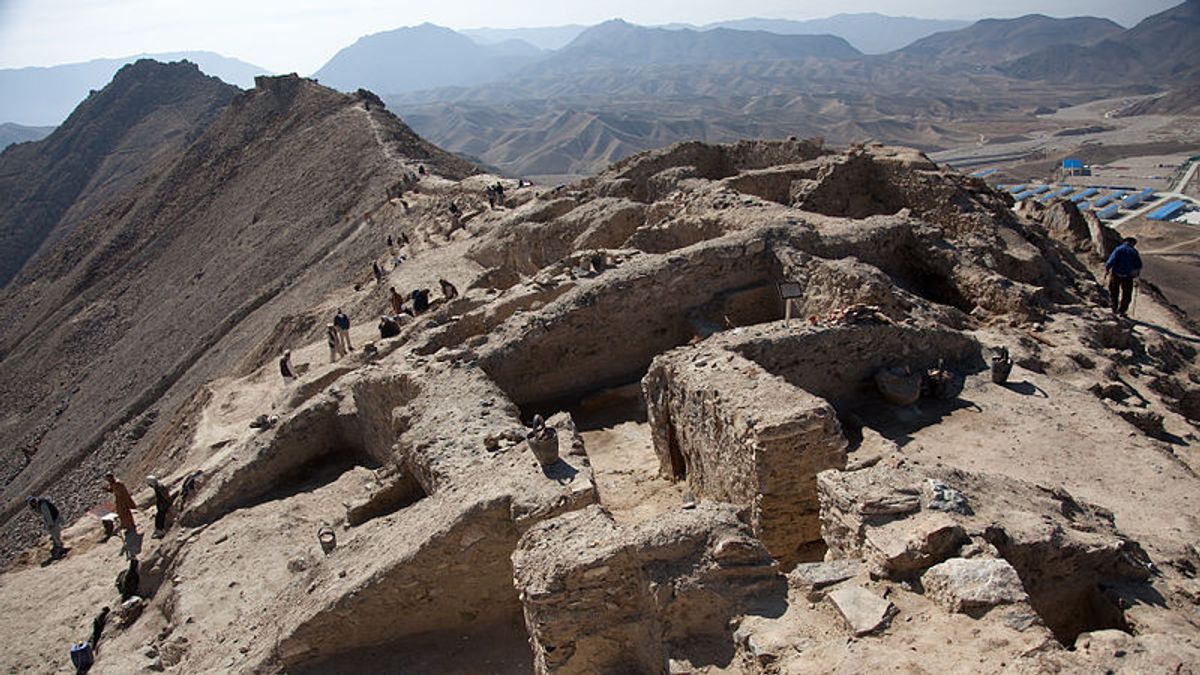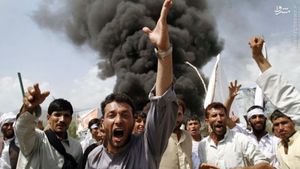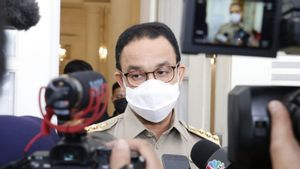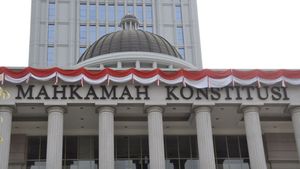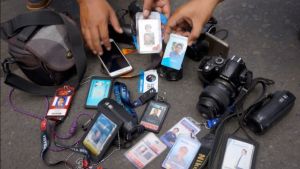JAKARTA - The Taliban group managed to take control of the Afghan capital, Kabul, and the Afghan Presidential Palace. Afghan President Ashraf Ghani even acknowledged the Taliban's victory and fled the country. The impact of this transfer of power extends to various sectors including the threat of historic objects found in the country.
"The Taliban have triumphed at the judgment of their swords and weapons, and are now responsible for the honor, property, and self-defense of their citizens", Ghani said in a statement posted to Facebook.
Citing the National Geographic, the Taliban's sudden victory overwhelms museum curators and archaeologists in Afghanistan. They managed to secure several sites and artifacts that are still under their control. However, the fate of ancient artifacts and relics in the Taliban's territory is still uncertain.
"We didn't expect this to happen so quickly", said Noor Agha Noori, director of the Afghan Institute of Archeology in Kabul. Officials intended to take artifacts from cities such as Herat and Kandahar for safekeeping, but the sudden collapse of the Afghan government's resistance in recent days prevented such action.
More than 80.000 artifacts at the National Museum of Afghanistan are vulnerable to destruction by the Taliban. "We are very concerned about the safety of our staff and collections", said Mohammad Fahim Rahimi, the museum's director.
The Taliban supports Islamic fundamentalists who reject human and animal paintings and view suspiciously of a pre-Islamic past. The Taliban had previously gone on a rampage in 2001. They destroyed the famous Bamiyan Buddha as well as a number of objects and statues in the Kabul museum.

The skeptic of ancient objects
In a statement released in February, Taliban leaders instructed their followers to "strongly protect, monitor and preserve" ancient relics, stop illegal excavations, and safeguard all historical sites. Significantly, the Taliban added that they would ban the sale of artifacts in art markets.
But many Afghan cultural experts are skeptical of the Taliban's claims. “They try to cover up their image, but they are still an ideological and radical group”, said Omar Sharifi, a professor of social sciences at the American University of Afghanistan.
Sharifi had fled Kabul for Delhi, saying she had received direct threats from members of the Taliban. Another source added that cultural experts across Afghanistan have received messages and calls from Taliban officials accusing them of working with international organizations.

Many curators of ancient relics in Kabul hastened their efforts to pack up museum items for shipping to Paris, France. Philippe Marquis, director of the French Archaeological Delegation in Afghanistan, hopes to return to Kabul soon to oversee the packing of artifacts bound for Paris.
"The situation is very unpredictable", he said. “People in Kabul have a terrible fear of the Taliban. But a quick war with few casualties is better than anarchy".
The Taliban are in full control of Mes Aynak, one of Central Asia's largest ancient Buddhist archaeological sites located just outside Kabul. There are many stupas and statues, a total of 10.000 artifacts were excavated from the site, including more than 2.500 coins. The Taliban is also overseeing a new museum in Herat, as well as museums and museum collections in Kandahar, Ghazni, and Balkh.
Afghanistan has an extraordinarily rich cultural heritage. In Afghanistan, Buddhism spread to China, while Zoroastrianism, Christianity, Judaism, and Hinduism flourished before and after the arrival of Islam in the seventh century AD. As the main artery on the Silk Road linking India with Iran and China, Afghanistan is strung with the remains of ancient cities and Buddhist monasteries that housed travelers, including Marco Polo on his way to Kublai Khan's court.
*Read other information about TALIBAN or read other interesting articles from Putri Ainur Islam.
Others on BERNAS
SEE ALSO:
The English, Chinese, Japanese, Arabic, and French versions are automatically generated by the AI. So there may still be inaccuracies in translating, please always see Indonesian as our main language. (system supported by DigitalSiber.id)
